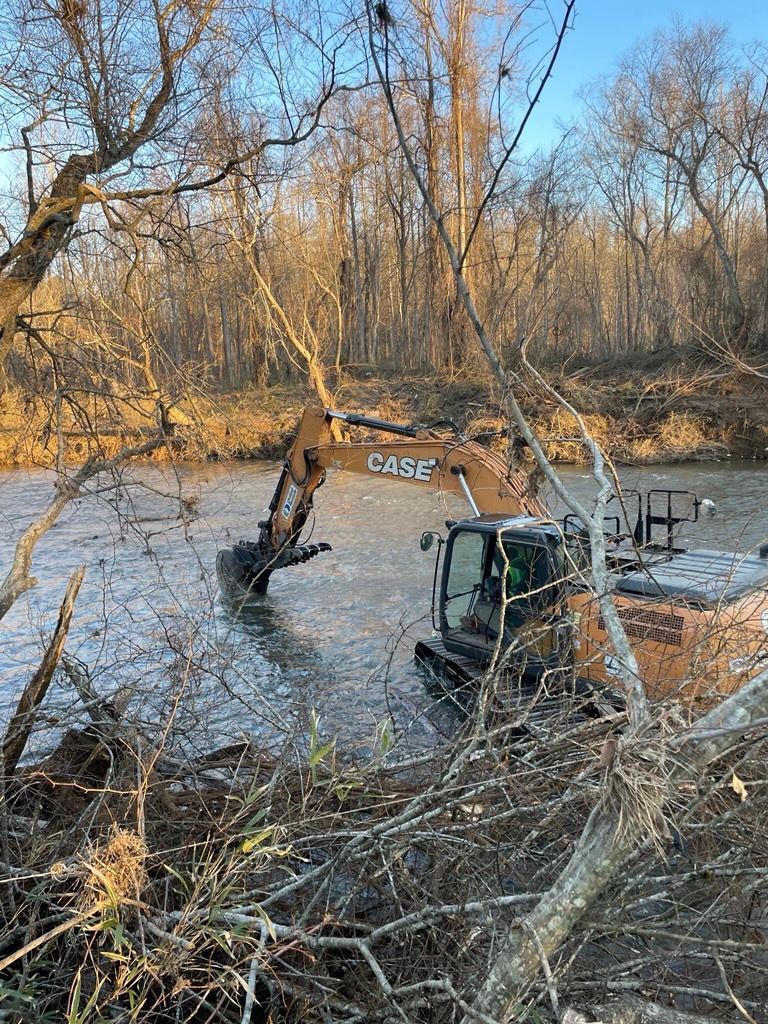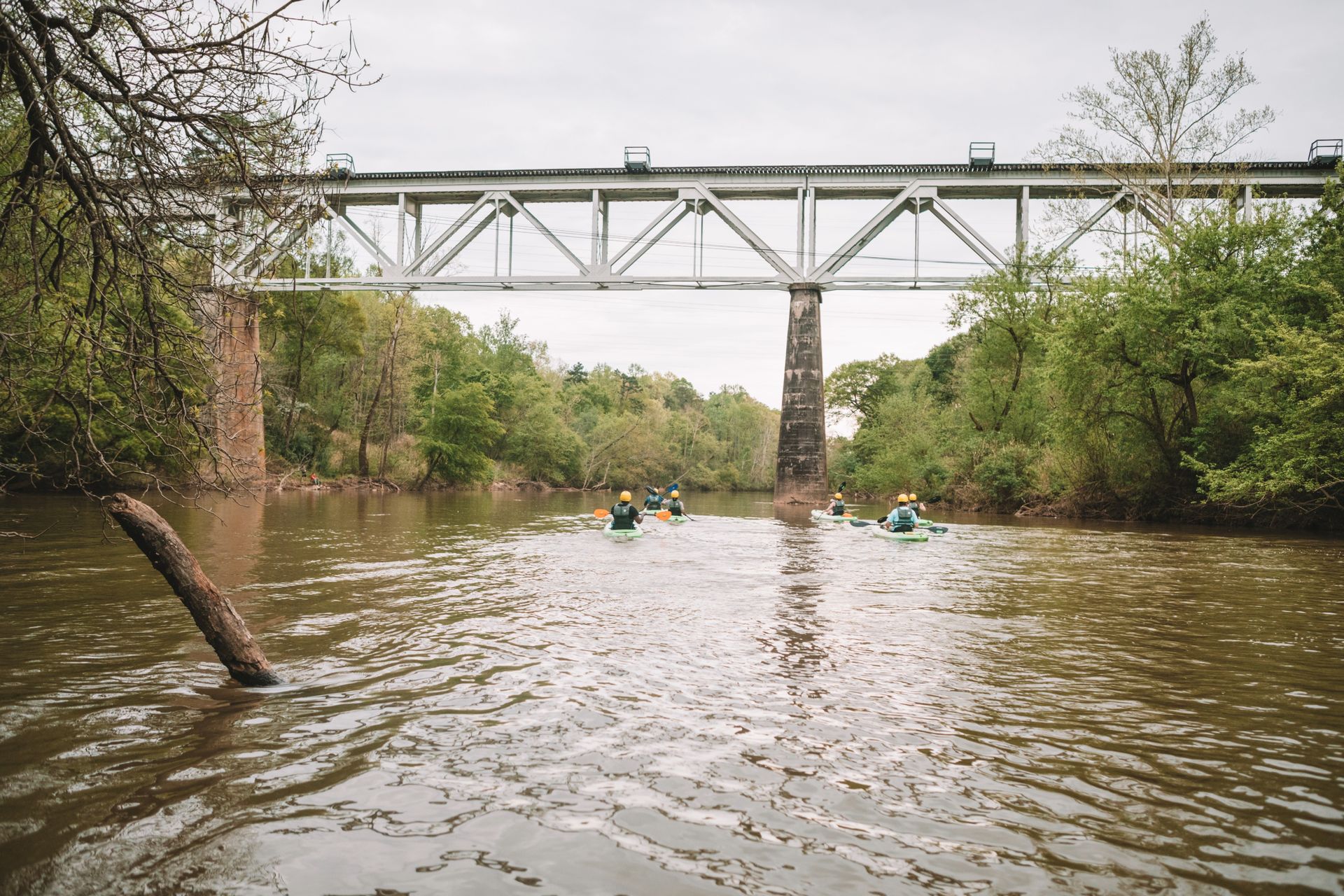My View from the River
A July Update from Executive Director John Searby.
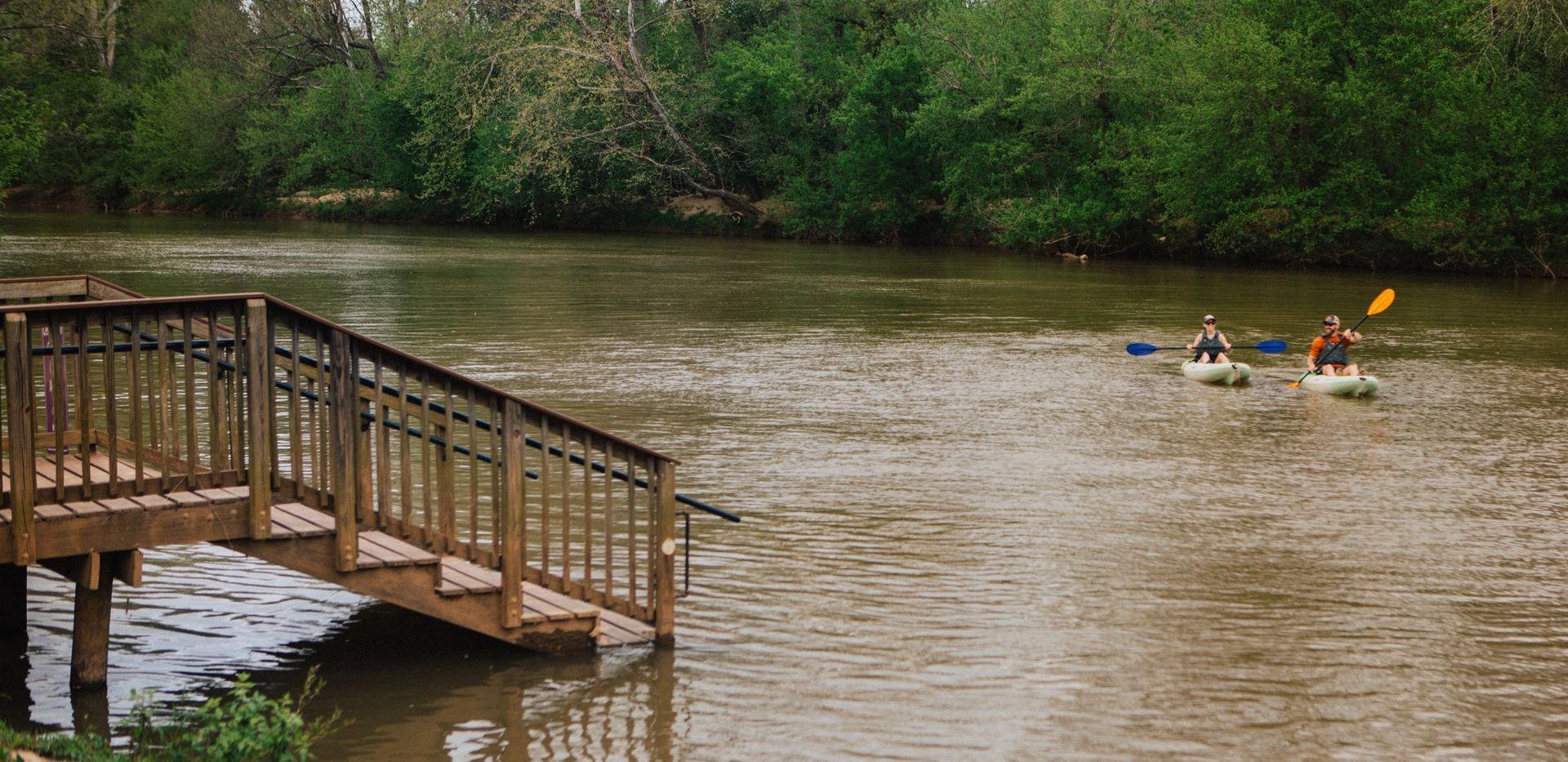
As has become common in the Catawba River Basin and across the Southeast, it has been a dry summer, leading us into drought conditions again this year. Droughts are one end of spectrum of reality we now face in the Charlotte region as our rain patterns become less and less predictable. While our annual rainfalls have been fairly consistent over the past 20 years and predictions are that they will continue to be consistent on an annual basis over the next couple of decades, these extended periods of drought that are followed by major rain events create a challenging scenario for our river. These flashy rain events often lead to flooding, wreaking havoc on transportation and infrastructure, and causing property damage across the region. For this reason, flood resiliency has become a key area of focus for many of our communities in the Piedmont. Catawba Riverkeeper is working closely with both municipal and non-profit partners to lobby our state legislatures to not only appropriate funds to support flood resiliency infrastructure in our region, but also for stronger regulations around stormwater management. Stay tuned to our e-newsletter and social media channels for updates on these and other legislative priorities for the upcoming 2025 sessions!
This summer has been busy for our entire Catawba Riverkeeper staff, but in particular for our program teams. This summer, we’ve educated more kids and put more people on the water than ever before! We’ve also been in the creeks, streams, and lakes of the river basin cleaning up trash and removing tires at an unprecedented level. And we’ve been hosting folks from all across the basin at events and at our retail spaces--Confluence, The River Room, and The Boathouse. All of our community engagement programs are funded by generous support from our corporate partners – Nucor, Wildlands Engineering, Crescent Communities, The River District, Recover Brands, Xylem, Pharr, Ally, TIAA, Avid Xchange, Bartels Construction, and Clancy & Theys. If you are interested in becoming a corporate partner of Catawba Riverkeeper, we have several more events this year, including our Second Annual Fork Fest on Labor Day weekend featuring the Floating Concert! Contact me at john@catawbariverkeeper.org for more information on becoming a corporate partner.
Finally, I’d like to give a special thank you to our Board of Directors at Catawba Riverkeeper for their tireless work, leadership, and support. This all-volunteer board represents the geographic, socio-economic, racial, and professional diversity of our river basin. They bring a wealth of experience and connections that enhance and support our work across all of the varied types of disciplines that make up Catawba Riverkeeper. To me, a non-profit board is a very special group because nowhere else do accountants, sales people, scientists, attorneys, educators, authors, financial planners, construction managers, contractors, marketers, data scientists, and small business owners come together to support a common cause. Catawba Riverkeeper boasts all of those professionals and more! We currently have open board positions for passionate water advocates who live in South Carolina or in the Lake James watershed. It is important to us to have strong representation across our entire river basin, so if you live in either of those areas and would be interested in learning more about board service, please shoot me an email.
I hope you get an opportunity to have your own view of the river soon!
John Searby
CEO/Executive Director


